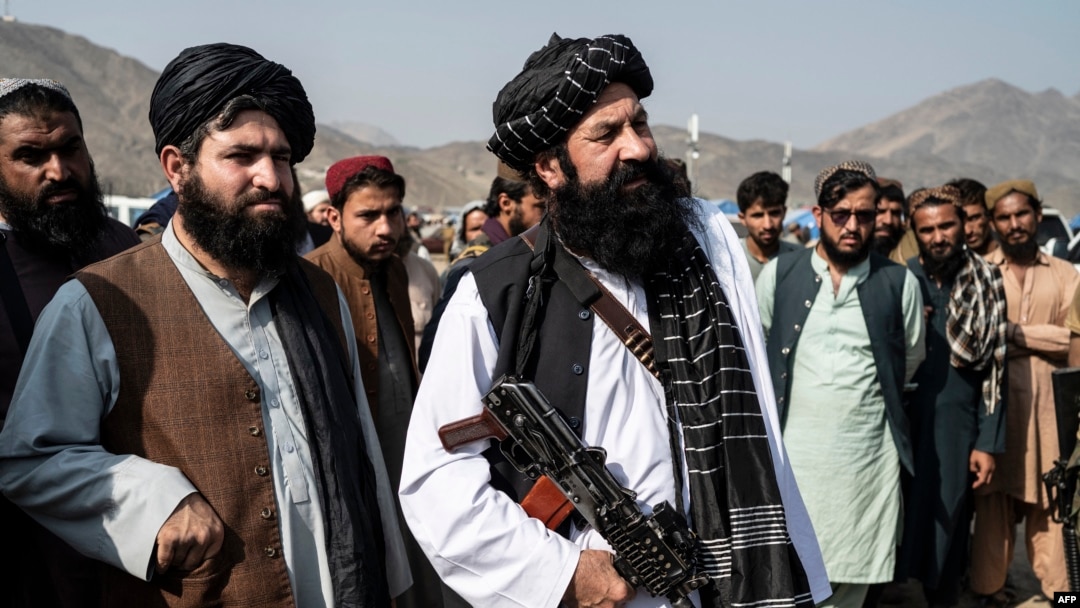Meanwhile, Afghan migrants awaiting resettlement in the US have expressed concern over this decision.
The Trump administration’s decision to close the Afghan resettlement office (CARE) has faced widespread criticism.
Shawn VanDiver, the head of AfghanEvac, expressed concern about this move during a press conference and urged the US president to honor commitments regarding the resettlement of Afghans.
“On day one, the administration issued an executive order that brought refugee missionaries in for us, providing them with all the key programs that we were going to have. At the time, we were told that the administration didn’t need a time group. But now we know the truth. The State Department has been directed to draw a plan for a permanent shutdown,” said VanDiver.
Meanwhile, Afghan migrants awaiting resettlement in the US have expressed concern over this decision.
“This situation has increased stress and mental health problems among migrants and has had a negative impact on their social lives,” said Haseena Sarwari, an Afghan migrant.
Humanitarian organizations have also called on the US government to uphold its commitments to Afghan allies.
“It’s been an honor to welcome Afghans who risked their lives for our country and encouraging to see the incredible hospitality of the American people in receiving them. But our work — and America’s moral obligation to these individuals — is not complete, and it would be a disaster,” said Myal Greene, president and CEO of World Relief.
Human rights activists have also reacted to this decision.
“The United States, as a global power and a committed member of international conventions, is obligated to honor its commitments. This is not only a human rights and security issue but also essential support for individuals in crisis who need assistance,” stated Fazel Saberi a human rights activist.
According to Reuters, the US government intends to shut down the Afghan resettlement office (CARE) by April this year—a move that could impact the future of 200,000 Afghan refugees awaiting resettlement in the US.
 Afghanistan Peace Campaign
Afghanistan Peace Campaign


